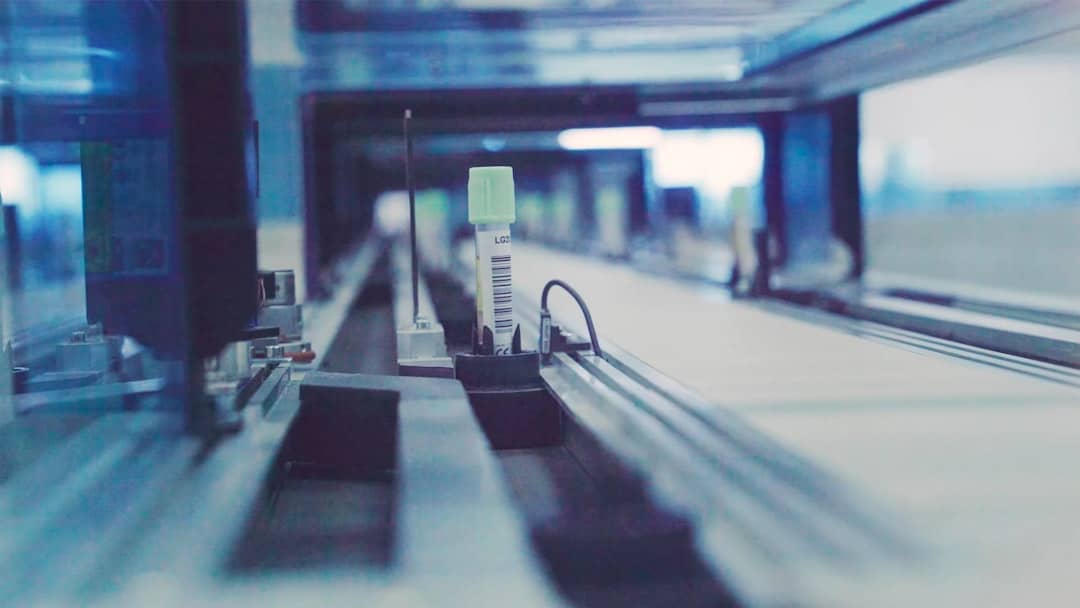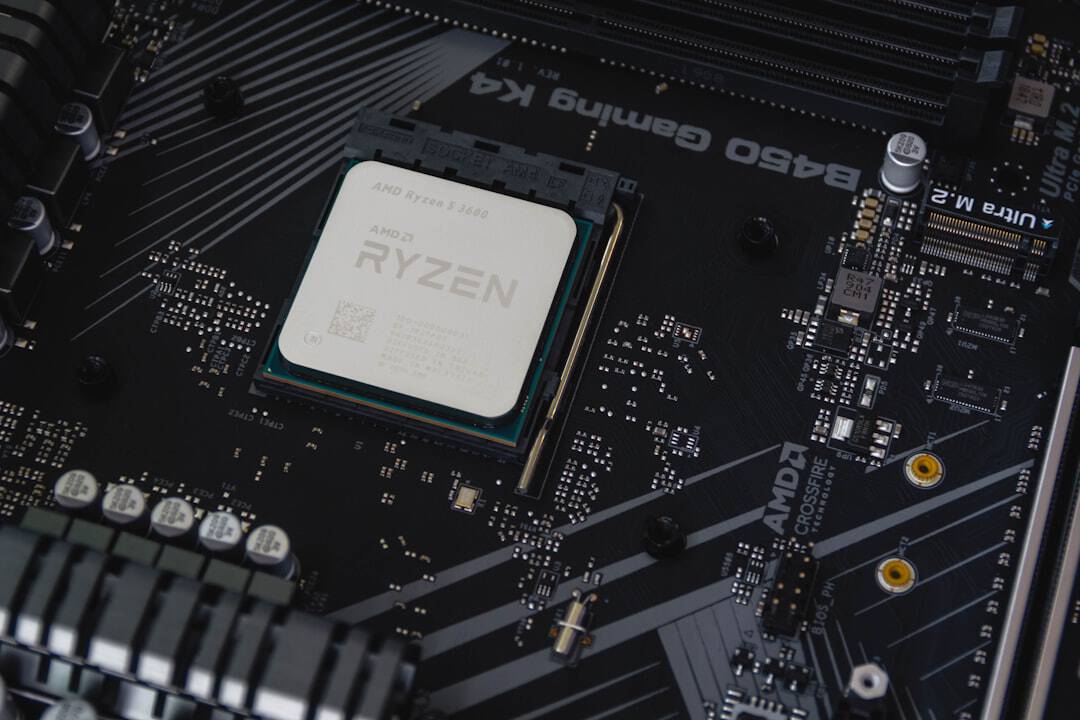Artificial Intelligence (AI) has significantly impacted various industries, including healthcare. In recent years, AI has demonstrated considerable potential in skin cancer identification. Skin cancer is the most prevalent form of cancer, and early detection is critical for effective treatment.
AI’s capacity to analyze vast datasets and identify patterns imperceptible to the human eye makes it a valuable asset in early skin cancer detection. Through the application of machine learning algorithms, AI can examine images of moles and lesions to assess their potential malignancy, offering faster and more accurate diagnoses. The implementation of AI in skin cancer identification has the potential to substantially improve patient outcomes by facilitating earlier detection and treatment.
As the incidence of skin cancer, particularly melanoma, continues to rise, AI can assist healthcare professionals in managing the increasing demand for skin cancer screenings. However, despite its promise in this field, there are challenges and limitations that must be addressed to fully realize AI’s potential in skin cancer detection.
Key Takeaways
- AI has the potential to revolutionize skin cancer identification by using advanced algorithms to analyze images and detect potential cancerous lesions.
- Despite its potential, AI faces challenges in accurately identifying skin cancer due to variations in skin types, lighting, and image quality.
- Success stories of AI in skin cancer diagnosis showcase its ability to assist healthcare professionals in early detection and improve patient outcomes.
- The limitations of AI in skin cancer detection include the need for human validation and the risk of misdiagnosis, which can impact patient care.
- The future of AI in skin cancer identification holds promise for improved accuracy and efficiency, but ethical considerations and the role of healthcare professionals remain crucial in its implementation.
The Potential of AI in Skin Cancer Detection
Enhanced Diagnostic Accuracy
Machine learning algorithms can be trained on large datasets of skin images, allowing them to recognize patterns and identify potential signs of skin cancer. This can help healthcare professionals in making more informed decisions about which lesions require further investigation, potentially leading to earlier detection and treatment.
Streamlining the Screening Process
Furthermore, AI can also assist in reducing the burden on healthcare systems by automating certain aspects of the screening process. By using AI to analyze images of moles and lesions, healthcare professionals can focus their time and expertise on more complex cases, ultimately improving patient care.
Improving Healthcare Equity
Additionally, AI has the potential to reach underserved populations who may not have easy access to dermatologists or skin cancer screenings, thus improving equity in healthcare.
The Challenges of AI in Identifying Skin Cancer

While AI holds great promise in the field of skin cancer identification, there are several challenges that need to be addressed. One of the main challenges is the need for large and diverse datasets to train machine learning algorithms effectively. Without access to a wide range of images representing different skin types and conditions, AI may not be able to accurately identify potential signs of skin cancer in all populations.
This highlights the importance of ensuring that AI algorithms are trained on diverse datasets to avoid biases and inaccuracies in diagnosis. Another challenge is the need for validation and regulation of AI algorithms used in skin cancer detection. It is crucial to ensure that these algorithms are accurate and reliable before they are implemented in clinical practice.
Additionally, there is a need for clear guidelines and regulations regarding the use of AI in healthcare to ensure patient safety and privacy.
Success Stories of AI in Skin Cancer Diagnosis
Despite the challenges, there have been several success stories showcasing the potential of AI in skin cancer diagnosis. For example, a study published in the journal Nature demonstrated that an AI system was able to outperform dermatologists in identifying skin cancer from images. The system was trained on a dataset of over 100,000 images and was able to accurately identify skin cancer with a high level of sensitivity and specificity.
In another success story, a team of researchers developed an AI algorithm that could differentiate between benign moles and malignant melanoma with a high degree of accuracy. This algorithm has the potential to assist dermatologists in making more accurate diagnoses, ultimately improving patient outcomes.
The Limitations of AI in Skin Cancer Detection
While AI has shown promise in skin cancer detection, there are limitations that need to be considered. One limitation is the lack of interpretability of AI algorithms. In some cases, it may be difficult to understand how an AI system arrived at a particular diagnosis, which can be concerning for healthcare professionals and patients.
Additionally, there is a risk of over-reliance on AI, which could lead to a decrease in clinical skills and expertise among healthcare professionals. Another limitation is the potential for biases in AI algorithms. If these algorithms are not trained on diverse datasets, they may not be able to accurately identify potential signs of skin cancer in all populations.
This could lead to disparities in diagnosis and treatment for certain groups of patients.
The Future of AI in Skin Cancer Identification
Addressing Challenges in AI-Driven Healthcare
Efforts are being made to address the challenges associated with AI in healthcare, such as the need for diverse datasets and validation of algorithms.
Integrating AI with Emerging Technologies
The integration of AI with other technologies, such as telemedicine and wearable devices, has the potential to further improve access to skin cancer screenings and early detection.
Towards Personalized and Proactive Skin Cancer Management
This could lead to more personalized and proactive approaches to managing skin cancer, ultimately improving patient outcomes.
Ethical Considerations and the Role of Healthcare Professionals
As AI continues to play a larger role in healthcare, it is important to consider the ethical implications of its use in skin cancer identification. Healthcare professionals have a responsibility to ensure that AI algorithms are used ethically and responsibly, taking into account patient safety and privacy. Additionally, there is a need for ongoing education and training for healthcare professionals to ensure that they are equipped to work alongside AI systems effectively.
Furthermore, healthcare professionals play a crucial role in validating and interpreting the results provided by AI algorithms. While AI can assist in making more accurate diagnoses, it is important for healthcare professionals to critically evaluate these results and make informed decisions about patient care. In conclusion, AI has shown great potential in the field of skin cancer identification, with the ability to provide faster and more accurate diagnoses.
However, there are challenges and limitations that need to be addressed in order to fully realize its potential. With ongoing research and development, as well as careful consideration of ethical implications, AI has the potential to greatly improve patient outcomes in the early detection and treatment of skin cancer.
There is an interesting article on exploring the metaverse that discusses the potential economic and social impacts of the metaverse. This article delves into the concept of user-generated content in the metaverse and how it is shaping the digital reality. It’s fascinating to think about how advancements in technology, such as AI, are not only impacting healthcare, but also how we interact and create in virtual spaces. It’s a reminder of the vast potential of AI, including its ability to identify skin cancer.
FAQs
What is AI?
AI, or artificial intelligence, refers to the simulation of human intelligence in machines that are programmed to think and act like humans. This includes tasks such as learning, problem solving, and decision making.
Can AI identify skin cancer?
Yes, AI has shown promising results in identifying skin cancer. Several studies have demonstrated that AI algorithms can accurately detect and classify skin lesions, including melanoma, with a high level of accuracy.
How does AI identify skin cancer?
AI identifies skin cancer by analyzing images of skin lesions and using machine learning algorithms to detect patterns and features associated with different types of skin cancer. This process allows AI to make accurate predictions and classifications based on the visual characteristics of the lesions.
What are the benefits of using AI for skin cancer identification?
Using AI for skin cancer identification offers several benefits, including increased accuracy and consistency in diagnosis, the ability to analyze large volumes of data quickly, and the potential to improve access to healthcare in underserved areas.
Are there any limitations to AI in identifying skin cancer?
While AI has shown great potential in identifying skin cancer, there are still limitations to consider. These include the need for high-quality data for training the algorithms, potential biases in the data, and the importance of human oversight to ensure accurate and ethical use of AI in healthcare.












Leave a Reply